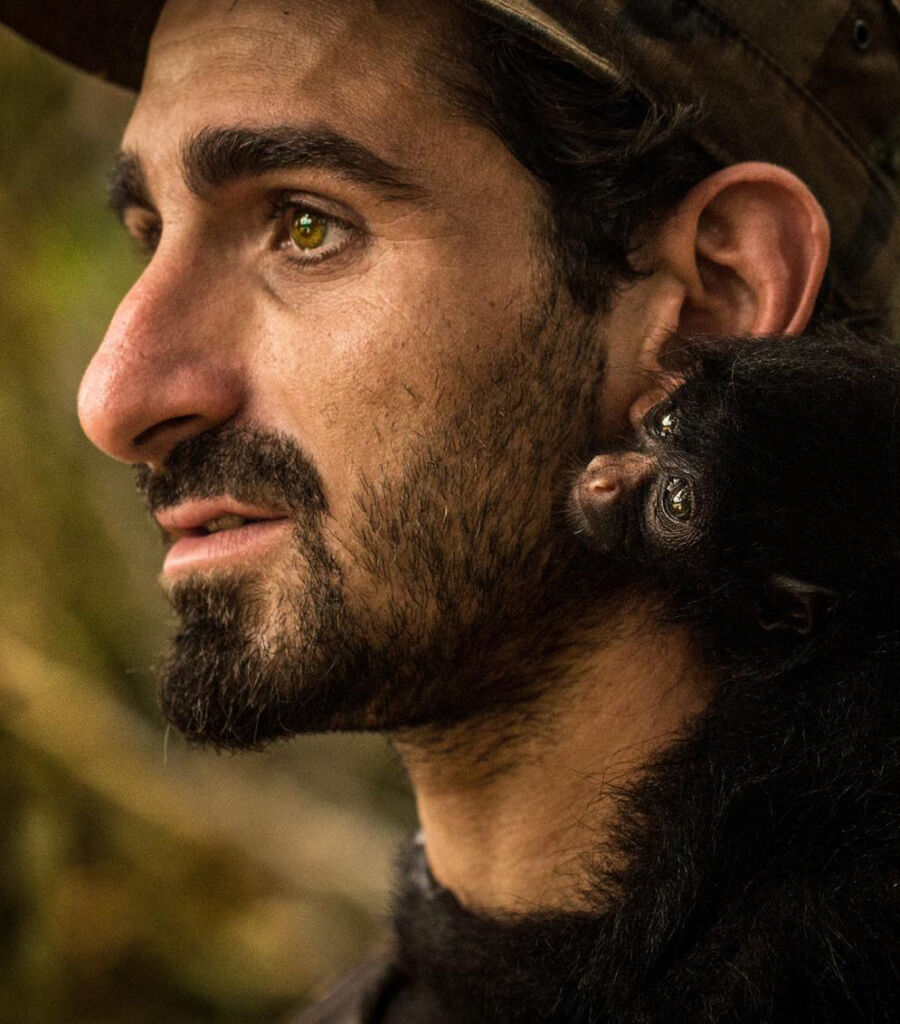Paul Rosolie is a naturalist, explorer, author, and award winning wildlife filmmaker. For the past 17 years he has specialized in threatened ecosystems and species in countries like Indonesia, Brazil, India, South Africa and Peru. In the Amazon, Rosalie has spent extensive time traveling with poachers documenting the illegal trade in endangered species.
Rosolie’s memoir on Amazonian wildlife and exploration, “Mother of God”, was hailed as “gripping” by Jane Goodall, and the Wall Street Journal applauded Rosalie’s environmental call-to-arms for its ‘rare immediacy and depth’.
He is the Founder and field director of Junglekeepers, an organization that focuses on protecting threatened habitat in western Amazonia. To date, Junglekeepers protects over 55,000 acres of primary forest.

Today more than ever storytelling has the power to illuminate, unite and inspire. In conservation this can mean the difference saving critically endangered species and habitats—which is why WEO is such a beacon of hope!


Paul
Rosolie
WEO CHAMPION
Paul Rosolie is a naturalist, explorer, author, and award winning wildlife filmmaker. For the past 17 years he has specialized in threatened ecosystems and species in countries like Indonesia, Brazil, India, South Africa and Peru. In the Amazon, Rosalie has spent extensive time traveling with poachers documenting the illegal trade in endangered species.
Rosolie’s memoir on Amazonian wildlife and exploration, “Mother of God”, was hailed as “gripping” by Jane Goodall, and the Wall Street Journal applauded Rosalie’s environmental call-to-arms for its ‘rare immediacy and depth’.
He is the Founder and field director of Junglekeepers, an organization that focuses on protecting threatened habitat in western Amazonia. To date, Junglekeepers protects over 55,000 acres of primary forest.

Today more than ever storytelling has the power to illuminate, unite and inspire. In conservation this can mean the difference saving critically endangered species and habitats—which is why WEO is such a beacon of hope!


